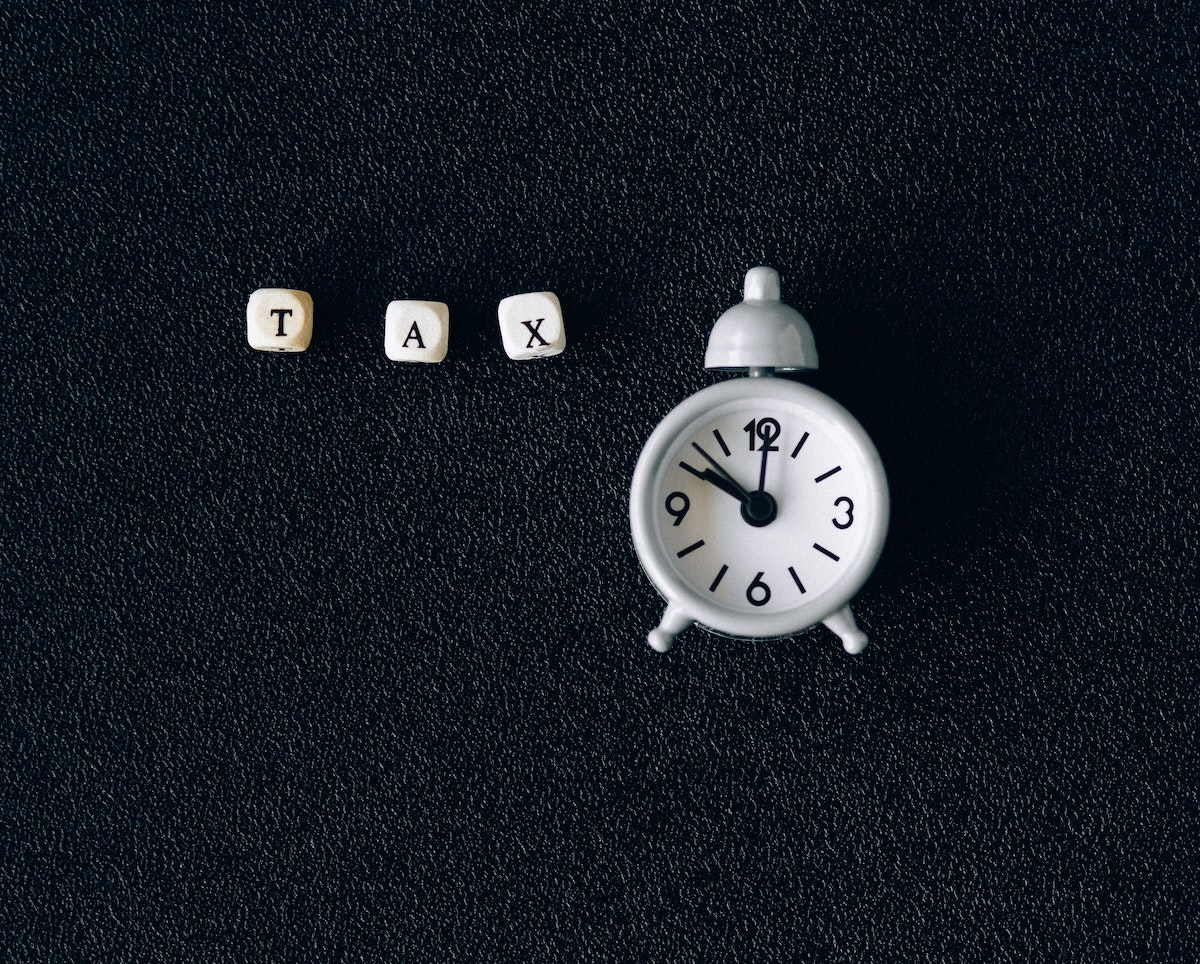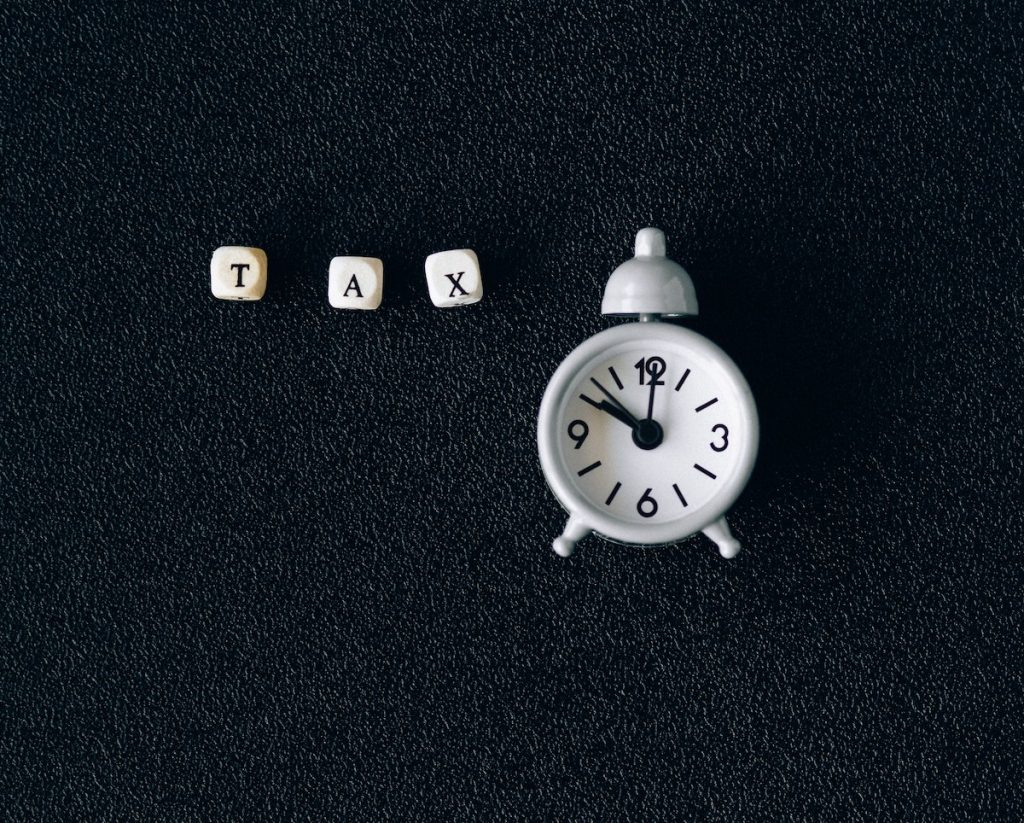ATTENTION ALL EMPLOYERS: We are currently running a promotion until the end of September. We will file your employees’ tax returns for only R250 per employee. If you are an existing client then you can contact your Account Manager for more information. If you are a new client, you can reach out to us here. Space is limited so make sure you get in touch soon!
Tax season is officially open and we, at aXia Consulting, want to help make sure that your tax return is submitted correctly. First things first though, do you even need to submit a tax return?
If you answer Yes to any of these, then you need to submit a tax return:
- Did you conduct any trade in South Africa?
- If you are a South African tax resident, did you conduct any trade or employment outside South Africa?
- Did you receive an allowance such as a travel, subsistence or office bearer allowance? Check your IRP5/IT3(a) if unsure.
- Did you hold any funds in foreign currency or assets outside South Africa that have a combined total value of more than R250 000 at any stage during the tax year?
- Did you have Capital Gains or Capital Losses exceeding R40 000?
- Was any income or a Capital Gain from funds in foreign currency or assets outside the Republic attributed to you?
- Do you hold any participation rights in a Controlled Foreign Company?
- Were you asked to submit an Income Tax Return for the tax year?
- If you are a South African tax resident with a micro business, did you have a taxable turnover for turnover tax?
– sars.gov.za
If you meet these criteria then that means you need to complete an ITR12 return. The next step is to get all your supporting documents together before you start e-filing.
NB: You need to keep these supporting documents for a period of 5 years from the date of income tax assessment, so make sure you file them away safely once your tax return is completed.
Supporting documents that you will need:
- Proof of banking details no older than 3 months
- Your IRP5/IT3(a) certificate(s) (from each position that you held in the tax year)
- Certificates that you received in respect of investment income [IT3(b)]
- Medical Certificate and details of medical expenses paid (This means invoices and proof of payment. Statements do not count)
- Completed confirmation of diagnosis of disability (ITR-DD), if applicable
- Information relating to retirement annuity contributions
- Details of business travel (if you received a travel allowance or want to claim against a fringe benefit for an employer provided vehicle)
- Information relating to capital gains transactions
- Financial statements, if applicable e.g. business income even if you are a sole proprietor
- Any other documentation relating to income you received or deductions you want to claim.
- Copy of your passport is you were employed outside of RSA borders.
– sars.gov.za
Sometimes SARS will pre-populate your return for you. You need to ensure that you have supporting docs for those entries as well. Failure to provide all supporting documents could result in a negative assessment and you could miss out on a refund or even end up having to pay money to SARS.
Check your Source Codes!
You have all your supporting documents and now you’re ready to start e-filing. It is very important that you know the source code for all your entries. Using the wrong source code could really cause a headache if you need to then object to your tax return results after the fact. You should also not rely 100% on what is printed on your IRP5 as these codes could be discontinued. Here is a comprehensive list of all the Source Codes that you will need: Source Code List.
E-filing has made submitting your tax return so much easier. The return wizard will prompt you with a few questions (eg, Did you incur medical expenses? How many IRP5 certificates did you receive? Did you make any retirement annuity contributions? etc) and your responses will then create the form for you.
Declare all your income
You need to declare all forms of income on your return and not only what appears in your IRP5. Failure to declare all income can result in penalties or even criminal prosecution in some cases.
Here are some examples of taxable income:
- Remuneration (income from employment), such as, salaries, wages, bonuses, overtime pay, taxable (fringe) benefits, allowances and certain lump sum benefits
- Profits or losses from a business or trade
- Distributions arising from an individual being a beneficiary of a trust
- Director’s fees
- Investment income, such as interest and foreign dividends
- Rental profit or losses
- Income from royalties
- Annuities
- Pension income
- Certain capital gains
- Foreign Income and/or donations from foreign donors
You are liable to pay income tax if you earn more than:
- R91 250 if you are younger than 65 years.
- If you are 65 years of age to below 75 years, the tax threshold (i.e. the amount above which income tax becomes payable) is R141 250.
- For taxpayers aged 75 years and older, this threshold is R157 900.
– sars.gov.za
Auto Assessments
You have all your supporting documents ready, hop onto E-filing and find that your entire form has been completed. You have been auto-assessed! This means that your tax situation is relatively simple and SARS has completed the form on your behalf with documents that they have received from 3rd parties, i.e. banks, employers, medical aids, retirement annuities etc. Most of your work is done for you but beware of just clicking Accept. You need to still go through the entire return to make sure that all your details are captured and that they are captured correctly.
Previously you had 40 days from when your return was auto assessed to file the return. This year you have until 23 October 2023 to file your auto assessed return.
Provisional Tax
“Provisional tax is not a separate tax from income tax. It is a method of paying the income tax liability in advance, to ensure that the taxpayer does not have a large tax debt on assessment.
Provisional tax allows the tax liability to be spread over the relevant year of assessment. It requires the taxpayers to pay at least two amounts in advance, during the year of assessment, which are based on estimated taxable income.
On assessment the provisional payments will be off-set against the liability for normal tax for the applicable year of assessment.” – sars.gov.za
Any person who receives income other than remuneration (from an employer), is a provisional taxpayer. The first provisional tax payment must be made within six months of the start of the year of assessment. The second payment must be made no later than the last working day of the year of assessment.
NB: The deadline for submission of income tax return is different for provisional tax. More info in next month’s feature!
Have you read last month’s feature on the latest Trust Legislation changes? You can find the post here.
At aXia Consulting, our tagline is “Adding Value”. We stay updated on financial regulations and changes to provide that knowledge to our clients. We hope that this post helped you prepare for filing your income tax return this year. Feel free to contact us here for all financial needs related to small to medium enterprises. With 50 years of combined expertise, we are here to help and take the burden off your shoulders.
The aXia Team
www.axiaconsulting.co.za/
Content created by Brand Narrative








